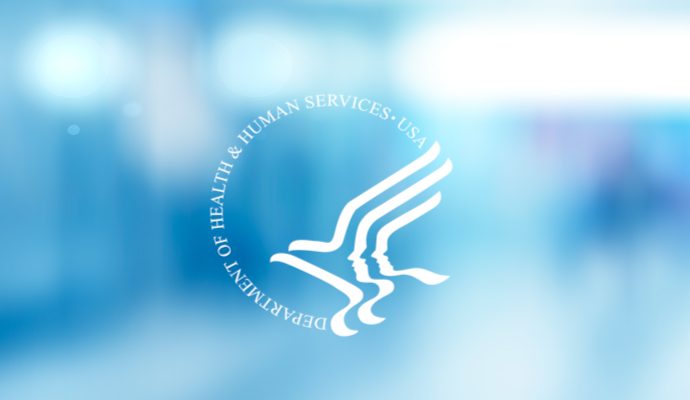HHS Shares COVID-19 Public Health Emergency End Date, What to Expect
The US Department of Health and Human Services gave states 90 days to prepare for the end of the coronavirus public health emergency, which will conclude on May 11, 2023.

Source: Getty Images
- HHS announced that the coronavirus public health emergency (PHE) will end on May 11, 2023, giving states 90 days to finalize arrangements for relevant policy changes.
“We have come to this point in our fight against the virus because of our historic investments and efforts to mitigate its worst impacts,” HHS Secretary Xavier Becerra said in a letter to US governors.
“Addressing COVID-19 remains a significant public health priority for the Administration, and over the next few months, we will transition our COVID-19 policies, as well as the current flexibilities enabled by the COVID-19 emergency declarations, into improving standards of care for patients.”
Although many coronavirus-era policies have been separated from the public health emergency’s end date and become a more permanent fixture of the US healthcare system, the end of the PHE will bring certain key changes for payers and providers.
The HHS fact sheet outlined in broad terms what healthcare professionals can expect to change and what will remain the same after the PHE ends. For payers, the most relevant changes were related to coronavirus testing and treatment coverage.
Coverage for coronavirus testing will be available for lab tests. But Americans will no longer have access to over-the-counter coronavirus tests at no cost. Out-of-pocket healthcare spending for coronavirus treatments may vary after the end of the public health emergency. The coverage will become more aligned with traditional healthcare treatment coverage.
Private payers: Private payers will no longer be required to cover coronavirus tests with zero cost-sharing, but they are permitted—and encouraged—to extend this coverage.
Medicaid: Medicaid programs must cover COVID-19 tests until September 30, 2024, after which they may decide individually whether to continue coverage. If the Advisory Committee on Immunization Practices (ACIP) recommends the coronavirus vaccine, then Medicaid programs will continue to cover it for most beneficiaries after September 30, 2024.
Medicaid programs will cover coronavirus treatments with zero cost-sharing through September 30, 2024 and may determine whether to continue this coverage policy after that date.
Certain Medicaid flexibilities will remain available to states if they choose to extend them. Medicaid telehealth flexibilities will be untouched. The Medicaid redetermination process will restart on April 1, 2023. Experts have expressed concerns that renewing redeterminations will lead to major coverage losses.
Medicare: Medicare beneficiaries will continue to have coverage for coronavirus vaccines with zero cost-sharing under Medicare Part B. Telehealth flexibilities for Medicare will remain in place through December 2024, as established in the Continuing Appropriations Act of 2023.
The announcement also included changes for labs, manufacturers, and providers.
Labs will no longer have to share testing data with the Centers for Disease Control and Prevention (CDC), which will impact coronavirus testing reports. Hospitals will continue to report coronavirus data to CMS through April 30, 2024 with fewer requirements. The CDC is securing data use agreements with states to enable vaccine data sharing after the PHE ends.
After the PHE ends, manufacturers will no longer have to alert the Food and Drug Administration (FDA) about ended or interrupted coronavirus-related device manufacturing. However, FDA might extend this requirement, depending on congressional approval.
Liability immunity for organizations conducting coronavirus countermeasure efforts will end with the public health emergency unless connected to a US government agreement. However, HHS is reviewing this policy.
Under current policies, telemedicine providers will no longer be able to prescribe controlled substances via telemedicine without an in-person interaction. However, these policies might change. In particular, the Drug Enforcement Administration (DEA) is considering extending audio-only prescribing capabilities for buprenorphine.
Some parts of the public health emergency will not change after May 11, 2023.
Emergency use authorizations will still be allowed for coronavirus-related products. Coronavirus vaccines and treatments will remain accessible.
“Partners across the U.S. Government (USG) are developing plans to ensure a smooth transition for the provision of COVID-19 vaccines and treatments as part of the traditional health care marketplace and are committed to executing this transition in a thoughtful, well-coordinated manner,” the HHS fact sheet explained.
“Importantly, this transition to more traditional health care coverage is not tied to the ending of the COVID-19 PHE and in part reflects the fact that the federal government has not received additional funds from Congress to continue to purchase more vaccines and treatments.”
